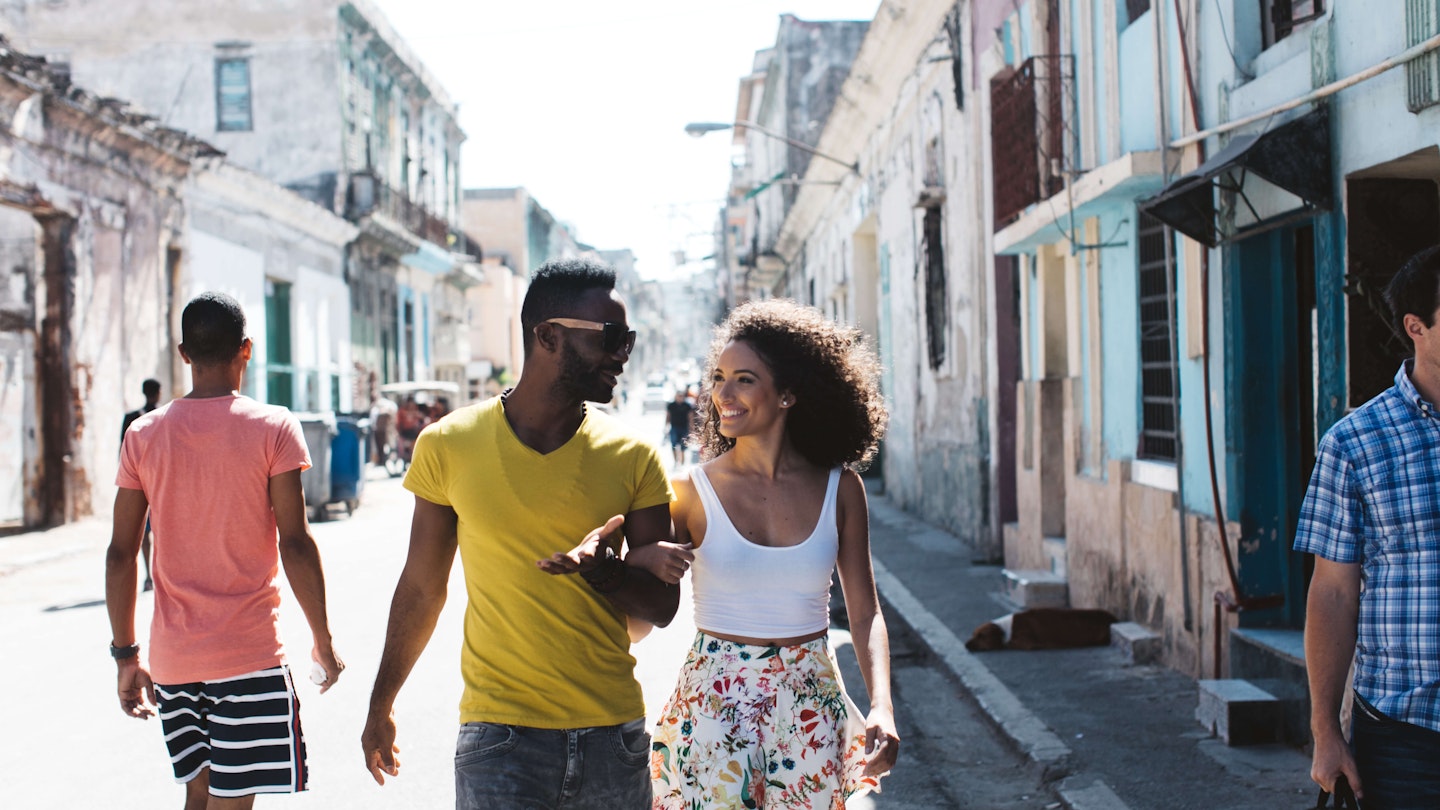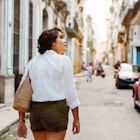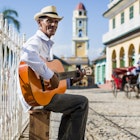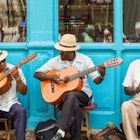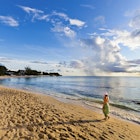The Biden Administration took several steps toward thawing US-Cuba relations on May 16, 2022, after five years of tightened restrictions. While the measures don’t fully restore the openings of the Obama era, they mark an encouraging start for struggling Cubans and aspiring US travelers.
What has changed?
Of direct interest to US travelers is the Biden Administration’s promise to expand authorized travel in support of the Cuban people. This includes opening up flights to airports beyond Havana (which were closed to US aircraft during the Trump era) and reinstating group people-to-people travel and other categories of group educational travel. Both measures will be good news to US travel agencies who have battled with increased red tape since 2017.
As yet, there is no word that the US will reinstate individual people-to-people travel, the category that led to a huge influx of US visitors to Cuba between 2016 and 2017. Nor have any Cuban state entities been removed from the US’s restricted list, meaning it’s still difficult for Americans to legally stay in Cuban hotels.
The directives have also lifted limits on family remittances (previously capped at $1,000 a quarter) to provide help in facilitating family reunions and supporting independent Cuban entrepreneurs.
Getting to Cuba from the US
Flying to Havana is one of the easier parts of the Cuba conundrum. As of May 2022, there are approximately a dozen flights a day between the US and Havana departing from the Florida cities of Miami, Tampa, and Fort Lauderdale. Operating airlines include American Airlines, Southwest Airlines, and JetBlue.
More Cuban airports will likely open up to US flights in the coming months.
The 12 categories of travel licenses for US citizens
US law states that US citizens can only travel to Cuba on a ‘general license’ based on one of 12 different approved categories, which include family visits, educational and religious activities, public performances and exhibitions, and the vague sounding 'support for the Cuban people.' Licenses are self-qualifying (there’s no long-winded paperwork), but you’ll be asked to state your category of choice in a signed travel affidavit when booking travel to Cuba. More details are available online from the US Treasury.
The vast majority of current visitors are Cuban Americans entering under the ‘family travel’ category. Independent travelers with no affiliations can qualify under the conveniently vague ‘support for the Cuban people’ category, which is the easiest option for people looking to explore the island. However, bear in mind that before you travel, you’ll need to draw up a detailed itinerary of your plans. Additionally, on your return, you’ll be required to keep all your travel receipts for five years.

The Cuba tourist card
To enter Cuba, all visitors need to present a completed Tourist Card — which serves a similar function to a tourist visa. These are usually available through your airline (ask when booking). Alternatively, you can purchase one through a Cuban travel agency. Costs range from US$50 to US$85, including processing fees.
Health protocols for travel to Cuba
Pre-travel COVID-19 tests and vaccination certificates are no longer required to enter Cuba from the US. Random COVID-19 tests may still be administered at the airport but there’s no mandatory quarantine unless you test positive. Departing US passengers will need a negative rapid-antigen test to re-enter the US. Tests can be procured at Havana’s José Martí International Airport before departure.
All arriving travelers must fill out an online D’Viajeros form containing information relating to public health and immigration. You’re also required to take out medical insurance that includes cover for COVID-19; this may be included in the cost of your air ticket from the US. Health officials make spot checks at the airport.

Booking travel to Cuba through a travel agency
If it’s your first time traveling to Cuba, it is highly recommended that you enlist the services of a specialist US-Cuba travel agency. Both Cuban Travel Services and Marazul offer comprehensive on-the-ground information and can help organize flights and accommodation.
Alternatively, you can join an organized trip, which takes a lot of the hassle out of traveling to Cuba. Long-time US-Cuba specialists, Insight Cuba are offering a three-night ‘Weekend in Havana’ and a seven-night ‘Classic Cuba Tour’ in 2022.
Where to stay in Cuba
American citizens are not currently allowed to stay in Cuba’s government-run hotels or use most state-owned enterprises. Instead, it’s best to opt for private accommodation such as apartments, B&Bs and homestays (known in Cuba as casas particulares). Airbnb has lots of listings of accommodations that are open to US citizens.
For restaurants, stick to private paladares (family-run restaurants, often in the owner's home) where the food quality is better. To get around, use private guides and taxis. In doing so, you’ll be enthusiastically ‘supporting the Cuban people.’
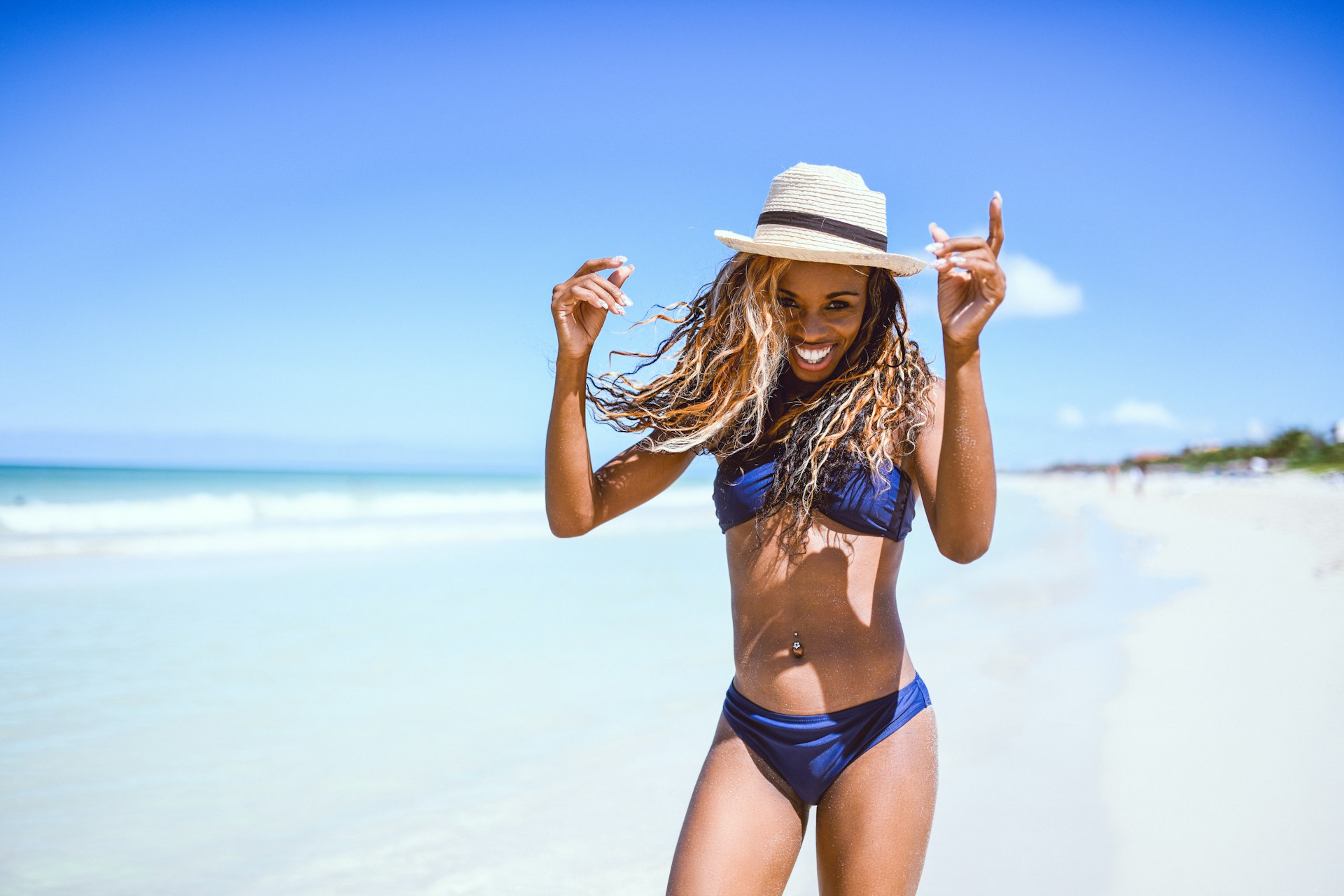
Money tips for Cuba in 2022
Credit cards linked to US banks don’t work in Cuba and the US dollar was taken out of circulation in June 2021. American travelers are best off arriving with plenty of cash in a non-US currency – the euro is the most favored foreign currency and is accepted by most private businesses, from casa particulares to restaurants and taxi drivers, meaning you won’t have to buy many Cuban pesos (which are worthless outside Cuba).
Beware: The Cuban economy is in a state of extreme flux. The current euro-peso black market exchange rate is over four times that of the banks.
In November 2021, Cuba introduced a tarjeta prepago (prepaid card) designed primarily to aid US travelers with American credit cards. You can purchase and pre-load a tarjeta prepago at a bank in Cuba or at the airport and use it to buy goods that can otherwise only be paid for with a credit card, such as medical services, cigars, and bus tickets. Cards can be loaded with amounts equivalent to US$1000, US$500 or US$200. However, you can only pay for the card in a non-US currency. Euros, Canadian dollars, and pounds sterling are all accepted, cash only.

